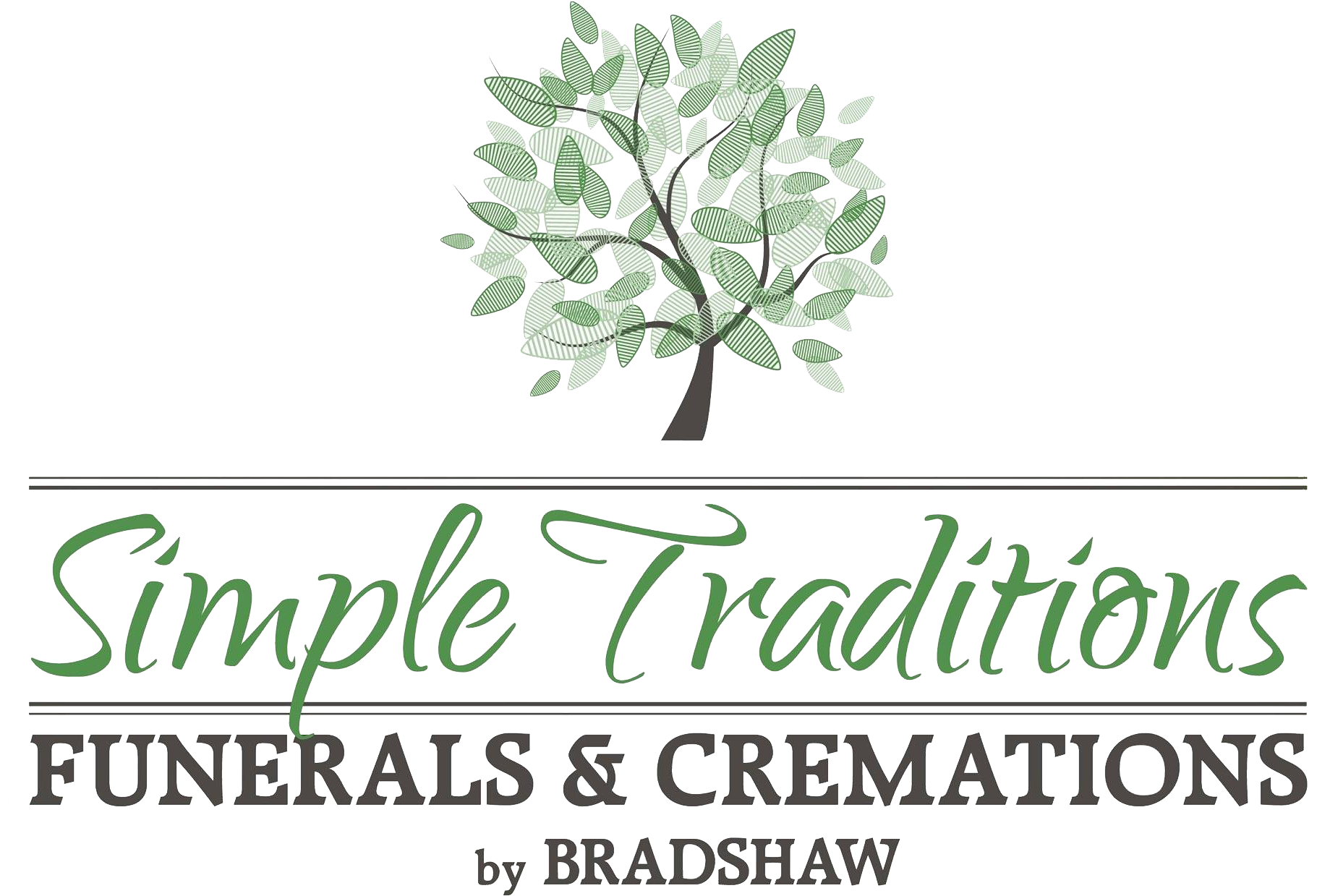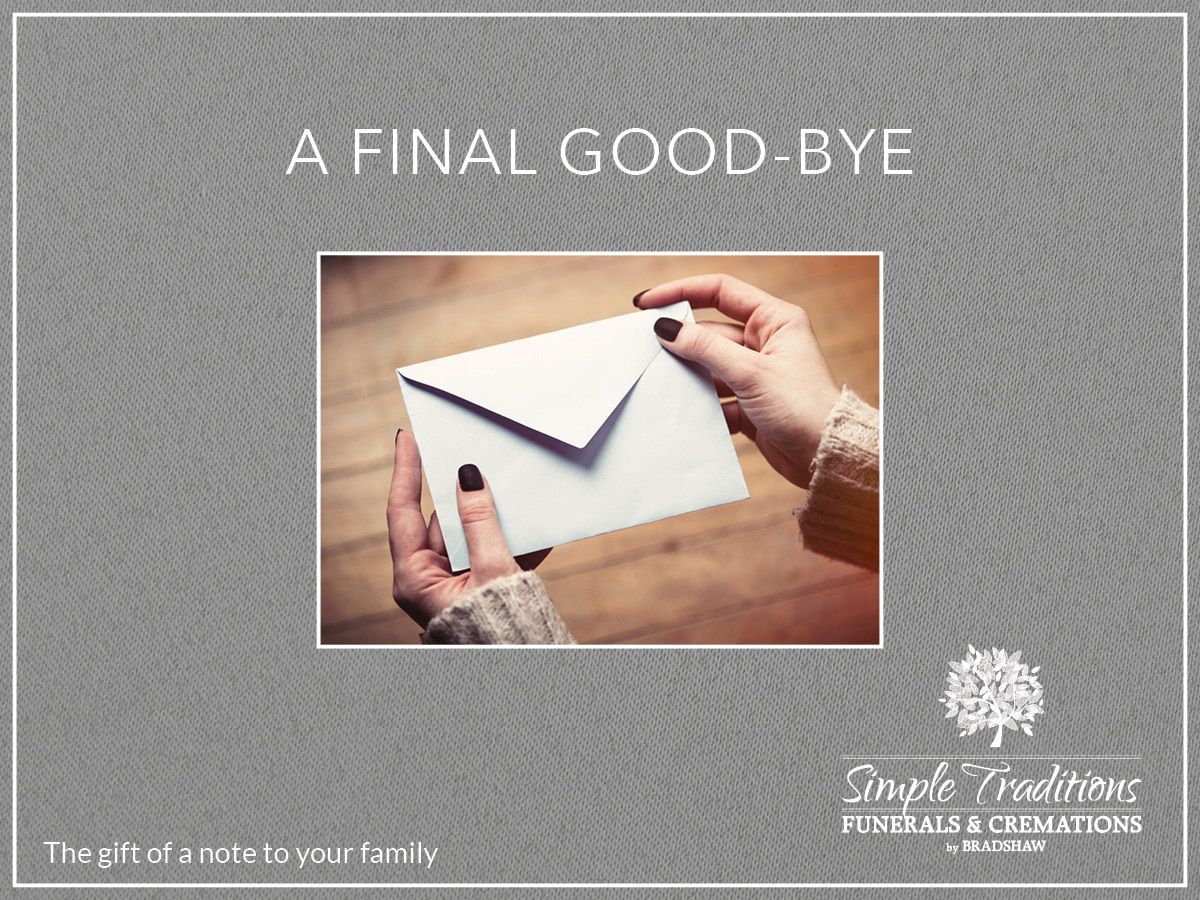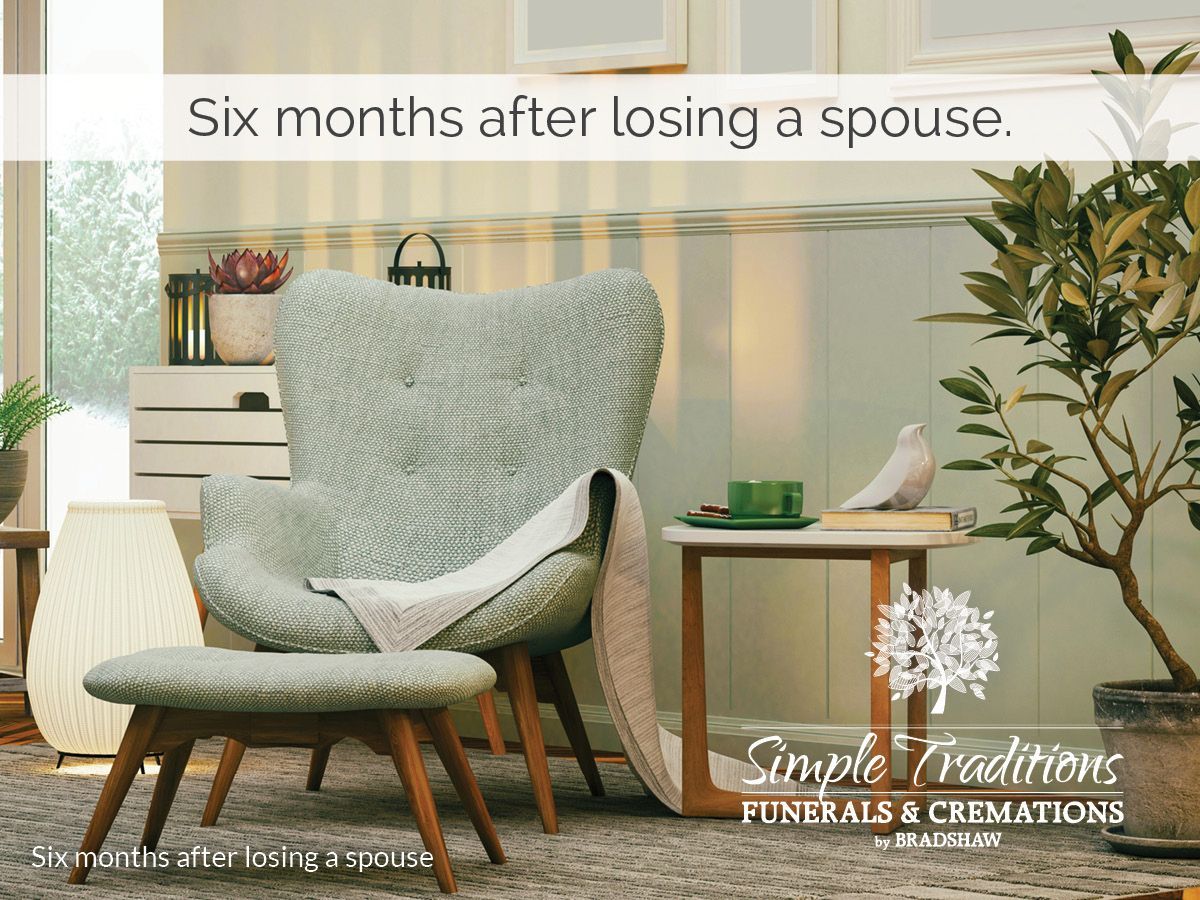Death and Taxes
Death and taxes (seemingly unlikely bed fellows at first glance) are often linked together because they have long been considered unavoidable life events. Some even say they are the only two things that are certain in life. Neither is something people typically look forward to, but they are both events that are anticipated and can be prepared for in advance.
This is the time of year when folks hope they have prepared well for their taxes. Even in these difficult times, taxes are something that can’t be ignored and must be taken care of. Most people prefer to get a tax refund rather than a tax bill. They hope the calculations have been made correctly and the payments made throughout the year will be enough to offset the sting of a big tax bill come April 15th.
Hmmm… come to think about it, most folks don’t typically look forward to a big funeral bill at the end of their life either. Few want to leave their family responsible for funeral costs. However, many people don’t plan to offset that expense like they do their taxes.
Even though most people, 62.5 percent according to the National Funeral Directors Association’s (NFDA) annual Consumer Awareness and Preferences Study, think it’s important to plan in advance. Only a small percentage (21.4 percent) actually act on their good intentions. Why? They have the perception that prepaying is too costly.
Most people are unaware that prepaying does not mean you must pay in one single payment. Many funeral homes offer specialized programs that allow funerals to be paid in advance, just like taxes, in small, easily-digested bites. Payments can be made on a variety of schedules allowing the consumer the opportunity to choose how long to stretch out payments and how often to make those payments. Individuals can even choose to make one payment per year! That means a person could choose to put their tax refund toward their funeral.
What about that roughly one quarter of people who do go beyond thinking they should make a funeral plan and actually make one? How do they feel once they have their plan in place? Ahh, they feel good. Funeral planners often say they see shoulders go down, hear audible sighs of relief and get hugs at the conclusion of a planning session. It’s like cleaning out the junk drawer: something most folks put off, but when they dig in and get it done, it feels so good they just keep going back to sneak a peek at that drawer all in order.








